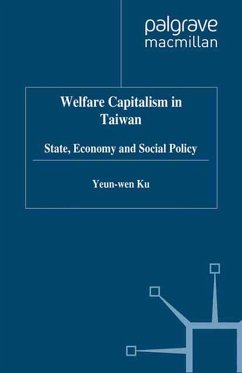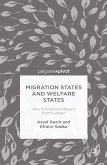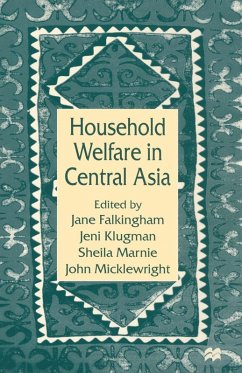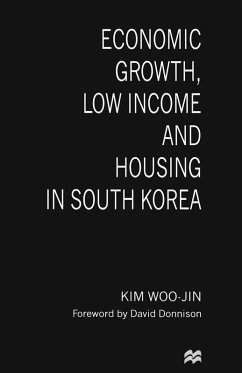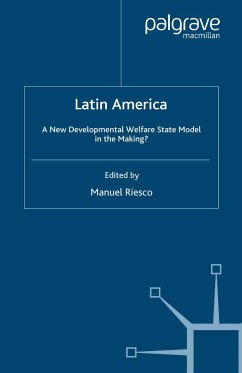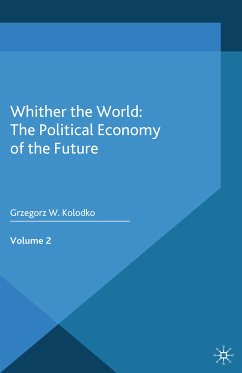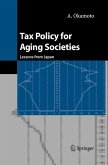This book explores the development of state welfare in Taiwan, focusing on the interconnection between capitalist development and state welfare from 1895 to 1990, using an integrated Marxist perspective to which the capitalist world system, state structure, ideology, and social structure are considered simultaneously. It argues that neither citizenship nor welfare needs were the concern of Taiwanese social policies. A decline in legitimacy and risen social movements forced the state to expand welfare, namely the National Health Insurance, in the 1980s.
Dieser Download kann aus rechtlichen Gründen nur mit Rechnungsadresse in A, B, BG, CY, CZ, D, DK, EW, E, FIN, F, GR, HR, H, IRL, I, LT, L, LR, M, NL, PL, P, R, S, SLO, SK ausgeliefert werden.

